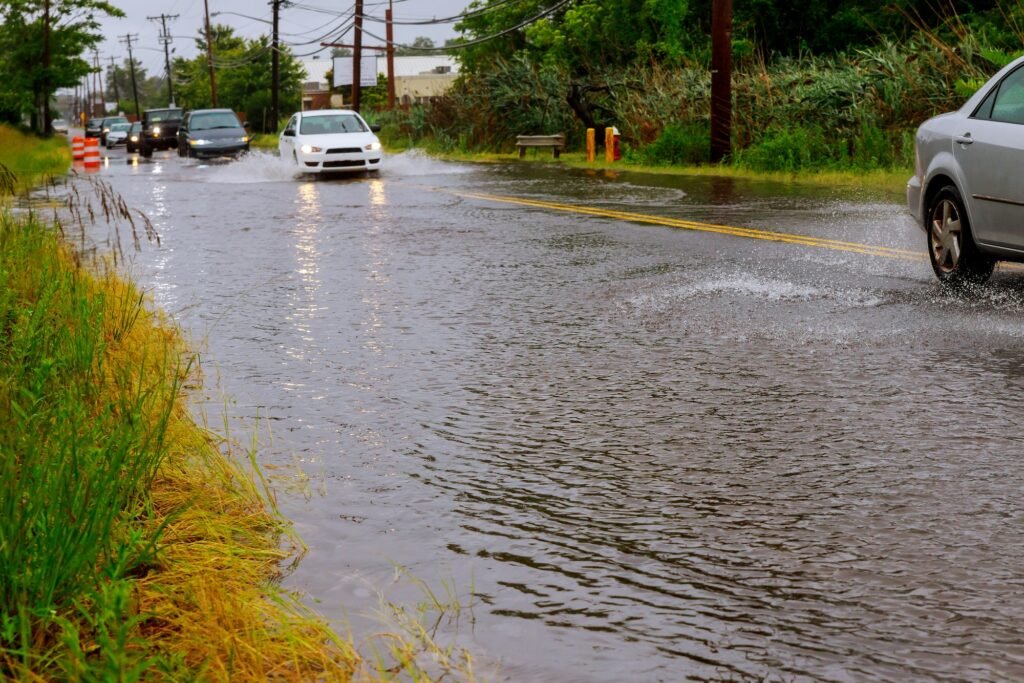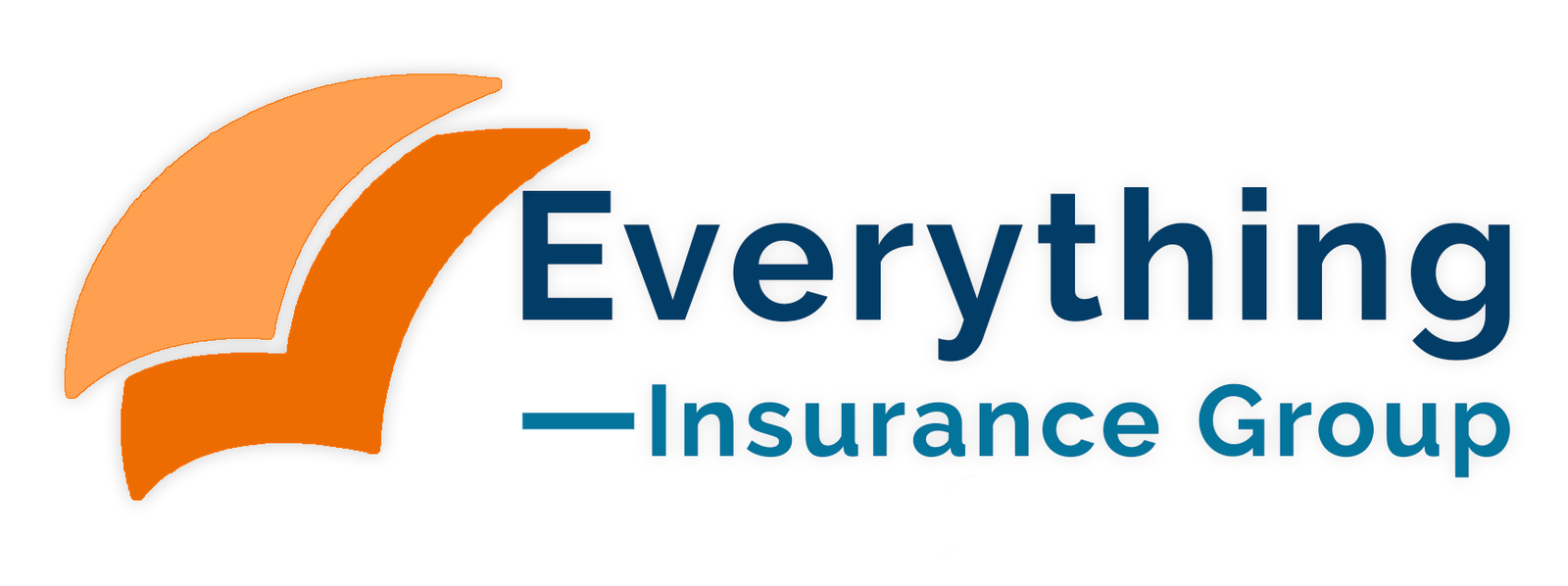- 1703 E Skelly Dr. Ste. 102 Tulsa, OK 74105
- (918) 688-1197
Property Categories
Flood Protection Insurance

Since standard homeowners insurance doesn’t cover flooding, it’s important to have protection from the floods associated with hurricanes, tropical storms, heavy rains and other conditions that impact the U.S.
In 1968, Congress created the National Flood Insurance Program (NFIP) to help provide a means for property owners to financially protect themselves. The NFIP offers flood insurance to homeowners, renters, and business owners if their community participates in the NFIP. Participating communities agree to adopt and enforce ordinances that meet or exceed FEMA requirements to reduce the risk of flooding. Find out more about the NFIP and how it can help you protect yourself.
Learn about The NFIP Partnership.
Flood insurance protects two types of insurable property: building and contents. The first covers your building, the latter covers your possessions; neither covers the land they occupy.
Building coverage includes:
- The insured building and its foundation
- The electrical and plumbing system
- Central air conditioning equipment, furnaces, and water heaters
- Refrigerators, cooking stoves, and built-in appliances such as dishwashers
- Permanently installed carpeting over unfinished flooring
Contents coverage includes:
- Clothing, furniture, and electronic equipment
- Curtains
- Portable and window air conditioners
- Portable microwaves and dishwashers
- Carpeting that is not already included in property coverage
- Clothing washers and dryers
The two most common reimbursement methods for flood claims are : Replacement Cost Value (RCV) and Actual Cash Value (ACV). The RCV is the cost to replace damaged property. It is reimbursable to owners of single-family, primary residences insured to within 80% of the buildings replacement cost.
All other buildings and personal property (i.e. contents) are valued at ACV. The ACV is the RCV at the time of loss minus physical depreciation. Personal property is always valued using the ACV.
Contact Everything Insurance Group or call (918) 688-1197 to identify the best combination of coverage, value and price just for you.
How much Auto Insurance do you need?
We’re based in Oklahoma, so our team understands the auto insurance needs of our customers.
Auto insurance requirements vary by state. In most states, to drive you must carry:
- Liability coverage — to pay for losses you cause others, or
- No-fault coverage — to pay you and your passengers for medical and related expenses caused by injuries from a car accident, regardless of who is at fault, or
- Both liability and no-fault coverage
Even in states where coverage isn’t required such as Oklahoma, drivers must, by law, be able to pay for losses they cause others. Having insurance is the simplest way for most people to comply.
We write insurance in Oklahoma and would be happy to help you ensure you have the right coverage for where you live.
Financing a Car?
To finance a car, it is usually necessary to have insurance which covers damage to your vehicle. This includes:
Collision Insurance
Collision insurance coverage pays for damage caused to your vehicle in an automobile accident. Standard collision coverage will pay for any repairs up to the fair market value of your car. Collision coverage usually includes an insurance deductible. It’s the amount of money you pay toward repairs before your collision insurance kicks in. The higher the deductible you’re willing to pay, the less the collision coverage will cost.
Comprehensive Insurance
Comprehensive insurance covers damage done to your car in some way other than a collision, such as if it were stolen or vandalized. Flood, hurricane, theft, windshield damage and fire are also events usually covered by comprehensive car insurance. Like collision, comprehensive will pay up to the fair market value of your car (less your insurance deductible.) And although it’s not legally required by any state, you will probably need it if your car is financed.
Every situation is unique — talk to us today to find out how to get the best value on auto insurance. Request a free quote or call today at (918) 688-1197
Have questions? Feel free to write us
Call expert
(918) 688-1197
Write email
info@everythinginsurancegroup.com
Visit Our Office
6506 South Lewis Ave., Suite 113
Tulsa, Oklahoma 74136, US

